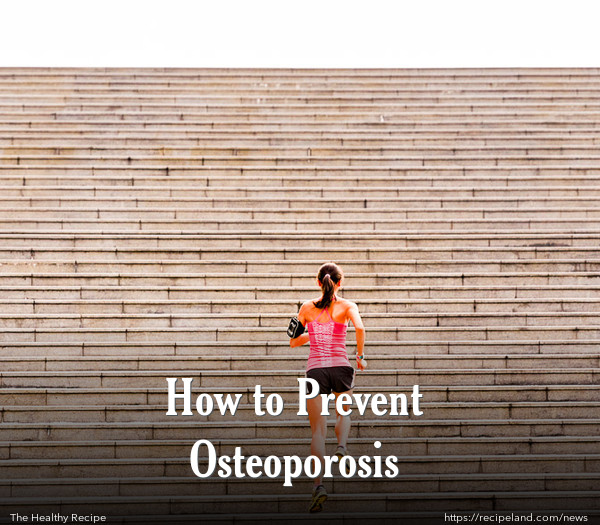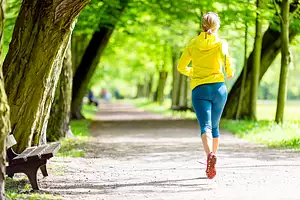When it comes to the aging process, your bones are at a serious disadvantage. About one out of every four women will develop hip or spine osteoporosis after the age of 65. With this disease, your bones become brittle, and your risk of painful or disabling fractures significantly increases. Men can be at risk, too, but fewer than 6% of men over the age of 65 have osteoporosis.
Ethel Siris, M.D., director of the Osteoporosis Centre at the New York Presbyterian-Columbia University Medical Centre, stated, “Men tend to have bigger bones and they go through different hormonal changes.” This difference decreases their risk significantly.
Women not only have less bone than men to begin with, they also experience greater losses in bone density as a result of menopause. Siris adds, “When you lose bone, it’s just like a building with damaged architecture. Sooner or later, something’s going to break.”
Here are some tips that can help reduce your risk of osteoporosis:
1. Pay attention to bone density.
Women should get a bone mineral density test or x-ray around the age of 50. This is a simple, non-invasive test that can help to identify weak areas before serious problems arise. Guidelines from the journal Osteoporosis International suggest that bone density tests should be a part of a preventative health plan. Women over 50 become more likely to fall, which could result in fractures for those with weakening bones. Certain over the counter medications, like anti-inflammatories or Mylanta can reduce the calcium content in bones. Also, certain antidepressant medications can have a weakening effect.
2. Prevent bone loss before it begins.
Not only should you get tested, but there are some healthy habits you can work into your lifestyle that may help reduce your risk of developing osteoporosis and keep your bones strong as you age. Siris identified the three most important things you can do to prevent osteoporosis as:
a. Increase calcium intake. Women over the age of 50 and men over the age of 70 should make sure that they are getting around 1,200mg of calcium each day. Siris states, “You can easily get adequate calcium from your diet.” She identified yoghurt and certain cereals that are calcium-fortified as being good sources. You may need to supplement, but consult with your doctor first.
b. Get enough vitamin D. Having enough vitamin D makes it easier for your bones to absorb calcium. However, it is difficult for some people to get enough vitamin D through their diets. Sun exposure can help, but, again, in some climates this is trickier. Siris advises people to take vitamin D supplements to ensure that they are getting enough. She recommends 800-1000 IUs daily.
c. Get enough exercise. Women who get consistent strength training and aerobic exercise can lower their risk of developing osteoporosis. Exercise also strengthens muscles and improves balance, making falls less likely, as well as reducing the possibility of injuries related to any falls.
If you are diagnosed with osteoporosis, there are several medications that are now being offered to patients to slow the bone loss. Talk with your doctor about calcium, vitamin D, exercise, and medications that may be available and develop an effective treatment plan to protect your bones.









Comments